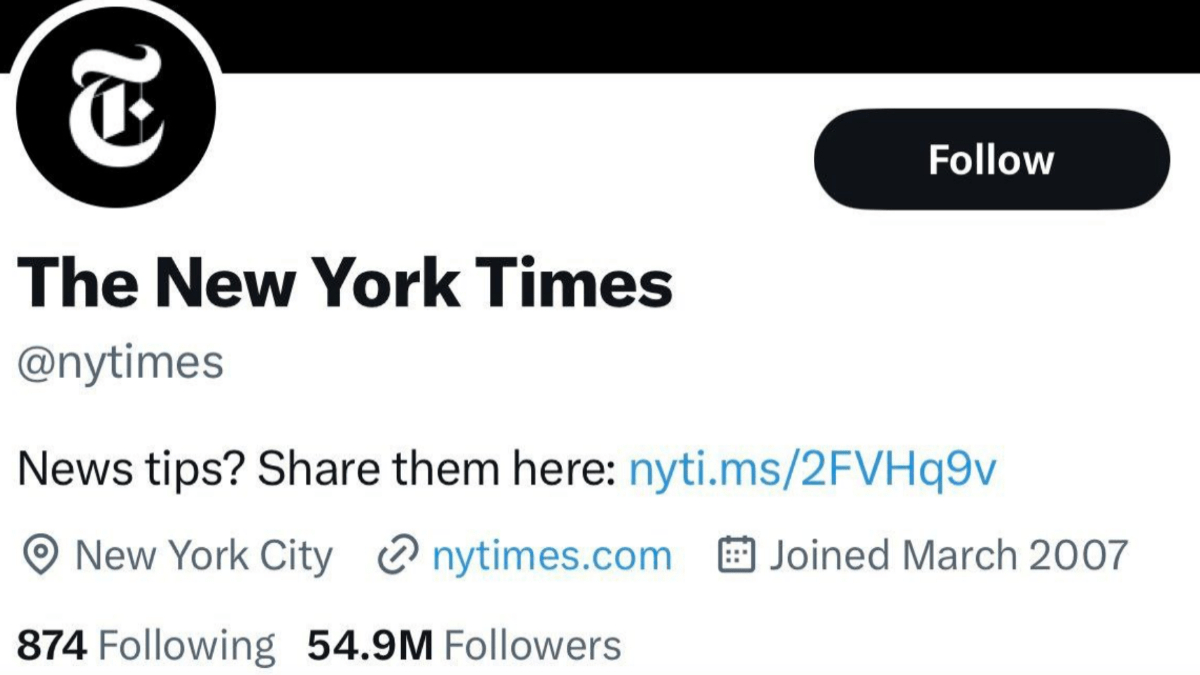A new Twitter update will see many verified accounts losing that coveted status as owner Elon Musk cracks down on accounts who refuse to pay for premium Twitter subscriptions.
The subscription service starts at $8 a month, and unless accounts pay up, they can say goodbye to their blue checkmark as Musk slowly removes the legacy verification program. Before he purchased Twitter last year, verification came at no cost and was given freely to high-profile users and organizations. The checkmark would easily allow potential followers to know whether an account was the real deal or a fake, but with the new paid system, users can easily masquerade as a verified account by simply purchasing one.
As of writing, most accounts with legacy verification still retain their blue checkmarks, but some notable accounts are already losing the status. Notably, the main account of The New York Times lost its verified status early Sunday as Musk rolls out the change. Twitter users were quick to notice other accounts from similar news organization still had their verifications, prompting them to wonder why The New York Times lost its so early.
Musk on why The New York Times lost its checkmark
Saturday evening, Musk began posting disparaging tweets about the New York Times. The Twitter owner complained that the news organization’s “propaganda isn’t even interesting,” and criticized its Twitter feed as “unreadable.” These tweets followed an article written by the New York Times this past week where the publication stated it wouldn’t be paying the $8 a month to keep its blue tick. Evidently, Musk wasn’t too happy with this statement and after taking the publication’s checkmark, posted the aforementioned tweets.
According to The Associated Press, the Times released another statement after losing its checkmark where it doubled down on the decision to not pay for verification or for reporters’ own personal accounts unless necessary for “reporting purposes.” Other news organizations who have publicly refused to pay for verification, like The Associated Press and The Los Angeles Times, still have verified accounts. However, as of writing, Musk hasn’t criticized those organizations on his Twitter account so maybe they have escaped his critical gaze for the time-being.
The New York Times isn’t alone in criticizing the decision to remove legacy checkmarks; celebrities like Jack Black have complained the move is unfair, and some like Patton Oswalt have even gone as far as calling the move “sad and desperate.” In the coming days, it’s likely more prominent accounts will lose their verified status as Musk continues to try to make Twitter profitable after purchasing the site for a whopping $44 billion.

